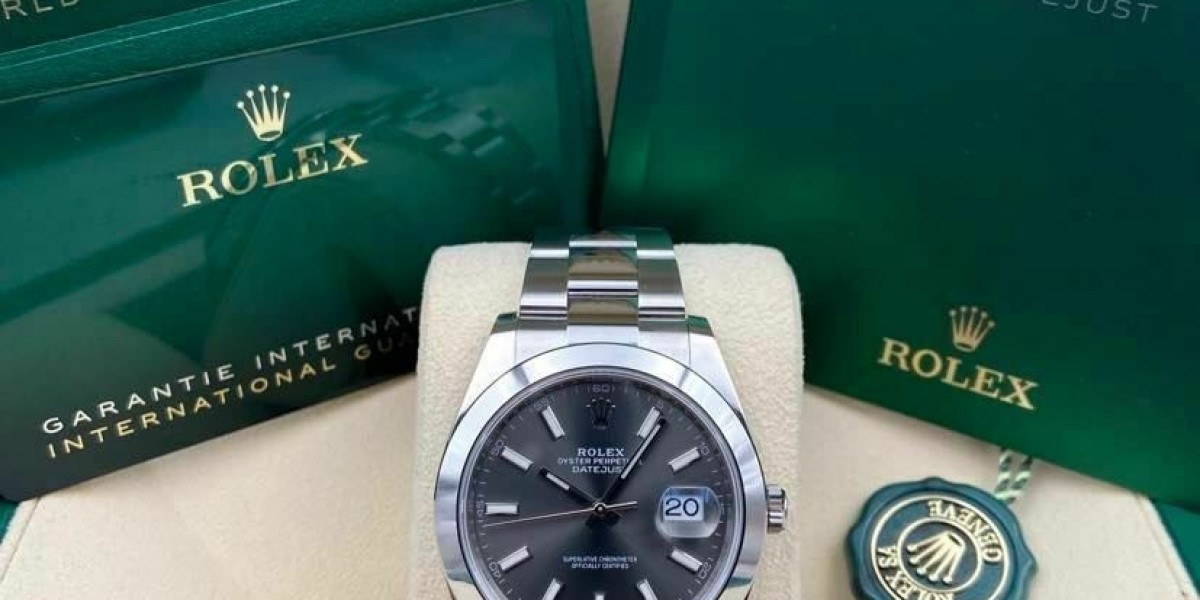Introduction
Replica Rolex watches have lengthy been a controversial subject in the world of luxury goods. While some folks see them as a technique to benefit from the aesthetics of a high-end model with out the hefty price tag, others argue that they're unlawful and unethical. In this article, we are going to discover the legality of replica Rolex watches, the potential consequences of proudly owning or promoting them, and the ethical implications of buying counterfeit items.
The Legality of Replica Rolex Watches
In most international locations, the production and sale of replica watches is against the law. Rolex, like many luxury brands, holds trademarks on its title, logo, and designs, which signifies that anyone who tries to replicate these without permission is it legal to sell fake or replica rolex watches infringing on their intellectual property rights. Because of this many replica watch sellers operate in a authorized gray area, usually primarily based in nations with lax enforcement of mental property legal guidelines.
In some jurisdictions, owning a replica watch just isn't unlawful, but promoting them can result in legal troubles. For example, within the United States, selling counterfeit items can result in fines, lawsuits, and even criminal expenses. The penalties may be even harsher for individuals caught promoting large quantities of replica watches, as this could be thought-about trafficking in counterfeit goods.
The Potential Penalties of Owning or Selling Replica Rolex Watches
The results of owning or promoting replica Rolex watches can fluctuate depending on the jurisdiction and the circumstances. In some circumstances, individuals caught with replica watches might merely be requested to surrender them and face no additional consequences. However, in different circumstances, they may be topic to fines or even criminal prices.
For sellers of replica watches, the implications could be extra extreme. In addition to fines and legal charges, sellers may additionally face civil lawsuits from the manufacturers whose trademarks they've infringed. These lawsuits can result in hefty damages and the lack of property. In extreme instances, sellers may even face jail time for trafficking in counterfeit goods.
The ethical Implications of Buying Counterfeit Goods
Past the authorized penalties of proudly owning or promoting replica Rolex watches, there are also moral implications to consider. Buying counterfeit goods supports an unlawful business that usually exploits laborers and engages in other criminal actions. Counterfeit items are often produced under poor working situations, with employees being paid low wages and subjected to long hours.
Along with the moral considerations in regards to the production of counterfeit goods, there are additionally implications for the official economic system. Luxury manufacturers like Rolex make investments important resources in research and growth, advertising, and high quality management to provide their excessive-end products. When shoppers purchase replica watches as a substitute of genuine ones, they're depriving these manufacturers of income and probably undermining their skill to continue innovating and creating jobs.
Conclusion
In conclusion, replica Rolex watches are unlawful in most jurisdictions and might have serious penalties for each buyers and sellers. Past the legal implications, there are also ethical issues about supporting the counterfeit items industry and undermining legitimate companies. While replica watches could appear like a tempting strategy to benefit from the aesthetics of luxury brands at a decrease cost, the potential risks and consequences usually are not worth it. As an alternative of buying counterfeit goods, consumers ought to opt for authentic merchandise and assist the brands that put money into high quality, innovation, and ethical practices.








